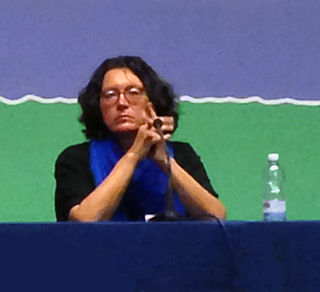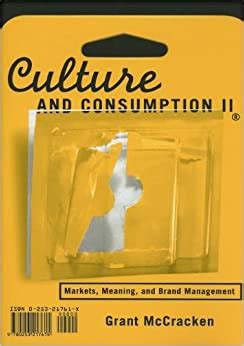A Quote by James Fox
There's often an assumption you're more privileged if you belong to a family with people who have made a success.
Quote Topics
Related Quotes
We are made for goodness. We are made for love. We are made for friendliness. We are made for togetherness. We are made for all of the beautiful things that you and I know. We are made to tell the world that there are no outsiders. All are welcome: black, white, red, yellow, rich, poor, educated, not educated, male, female, gay, straight, all, all, all. We all belong to this family, this human family, God's family.
An inevitable question asked of a performer who has made a modest success of his career is, 'How has success changed you?' It's a loaded question because it automatically assumes that there has been a change. And, in a sense, the assumption is a correct one. Basically, however, most people remain pretty much the same.
In a family, you take on each other's problems and joys differently, and more intensely. The amplitude - and the undulation of the family - is different from the people you just generally bump into on the street, because you're chained together. And what happens if you break that chain? In almost every family that I know, someone has escaped, set themselves free, tried to run away - whatever what you want to call it. And often, they are made more conspicuous by their absence.
Perhaps I may record here my protest against the efforts, so often made, to shield children and young people from all that has to do with death and sorrow, to give them a good time at all hazards on the assumption that the ills of life will come soon enough. Young people themselves often resent this attitude on the part of their elders; they feel set aside and belittled as if they were denied the common human experiences.
It's difficult for people to come to the understanding that only a small minority of people ever really get the word about life, about living abundantly and successfully. Success in the important departments of life seldom comes naturally, no more naturally than success at anything - a musical instrument, sports, fly-fishing , tennis, golf, business, marriage, parenthood. But for some reason most people wait passively for success to come to them ..., living as other people are living in the unspoken, tacit assumption that other people know how to live successfully.
There's a tendency to attribute magical skills and knowledge to people who've been elevated in some way - appearing on TV, or having an impressive title, or coming from a wealthy family. There's often an assumption that these people possess some rare, mysterious qualities mere mortals lack. What crap.
The people who get more fame, who get more money, more often than not they are miserable, insecure and on anti-depressants. It's strange that everyone keeps buying into this idea that more success is good, that more fame is good, that more money is good. Yet, we look at the people who have more success, more fame, more money and they're miserable.
I have privileges even in comparison to a Palestinian Israeli because Palestinian Israelis who live permanently in Ramallah risk their status, not as citizens but as residents. They might lose their social rights if they move to Ramallah. But I won't, so I live with privileges. That notion is very difficult for me as a child who was raised in a left-wing family, a family of people who suffered discrimination as Jews abroad. The notion that I am so privileged is disgusting. But this is what it means to live in a white society. You are white, so you are privileged.
Most change initiatives either fail or fall far short of original expectations. More often than not, resistance is cultural in nature but the real cause of lots of resistance often is that however much a team might say that it wants to change, the old assumptions are woven, invisibly, deep within the corporate culture, and from this staging ground they act invisibly to sustain the old order. Finding the assumption out and then rooting them out is a special skill. It calls for assumption hunters, I call them.
You belong with me, Scarlett, haven't you figured that out? And the world is where we belong, all of it. We're not home-and-hearth people. We're the adventurers, the buccaneers, the blockade runners. Without challenge, we're only half alive. We can go anywhere, and as long as we're together, it will belong to us. But, my pet, we'll never belong to it. That's for other people, not for us.




































